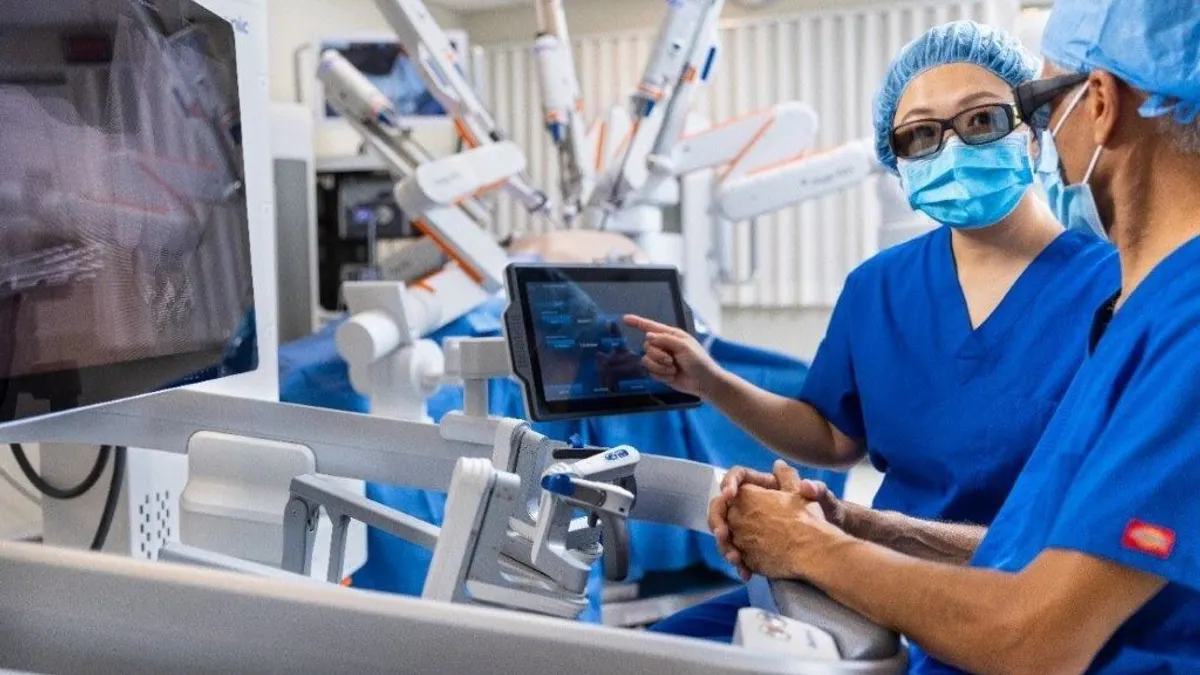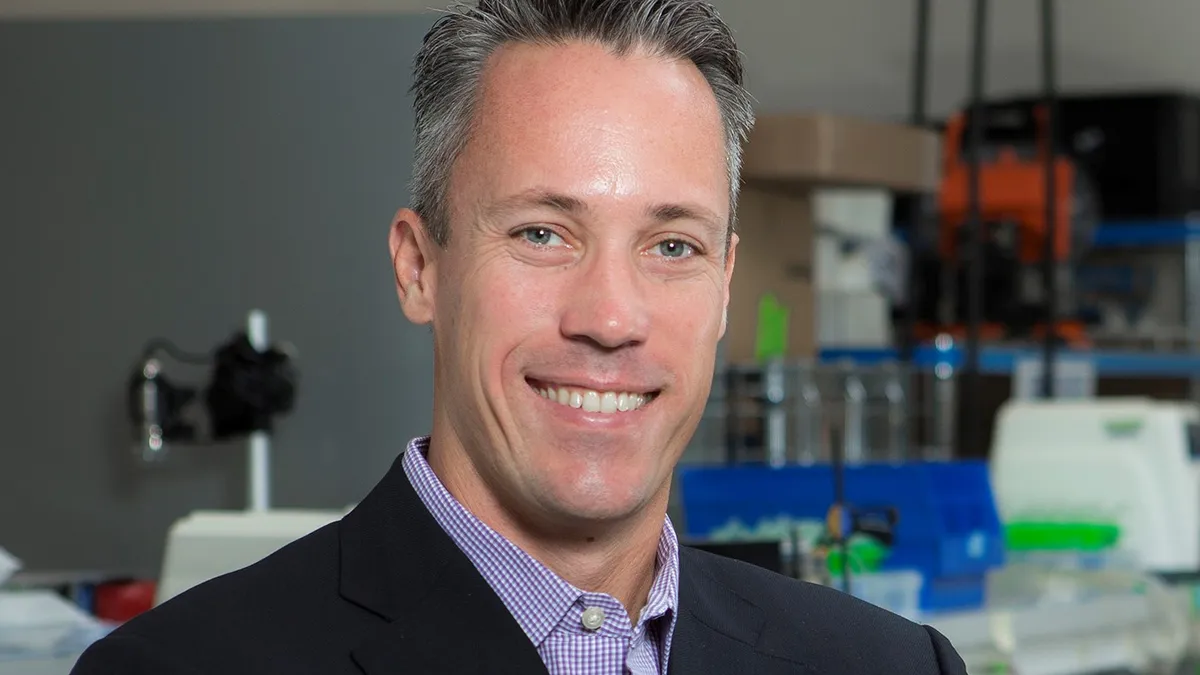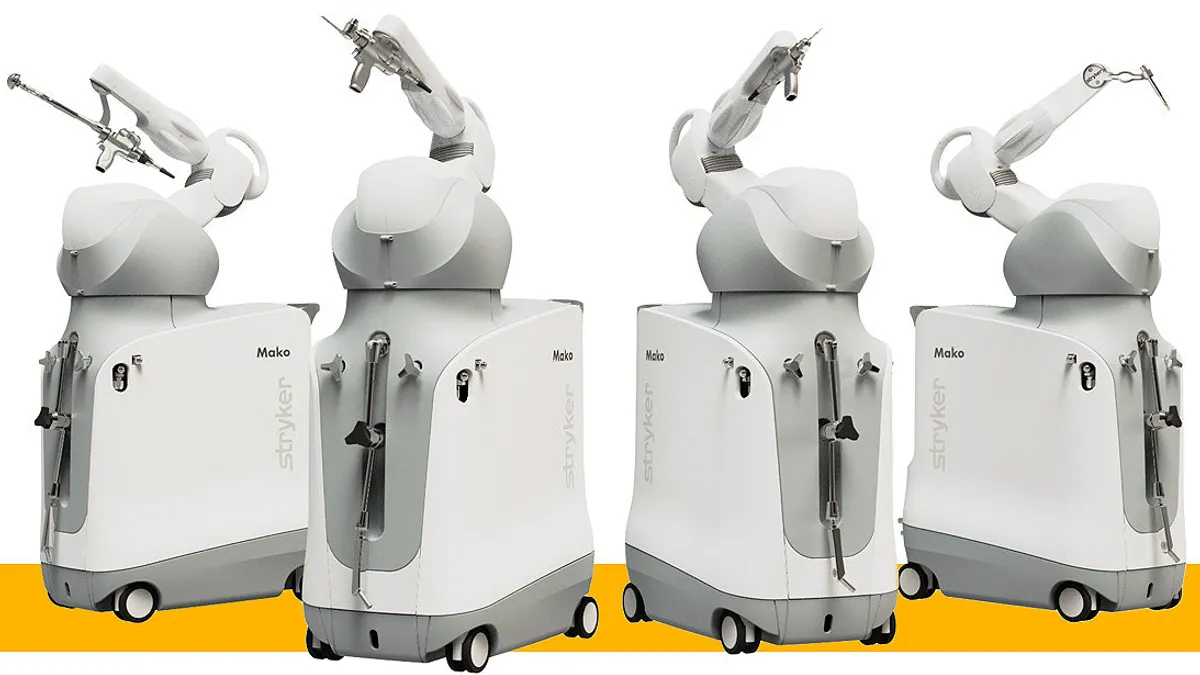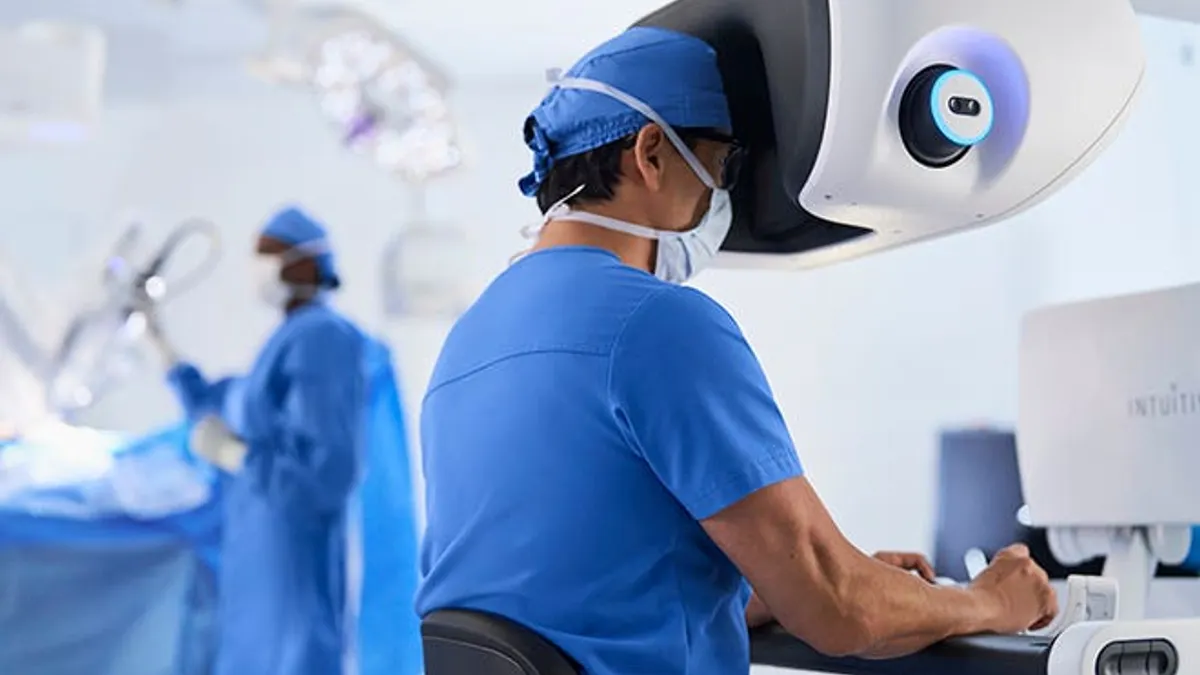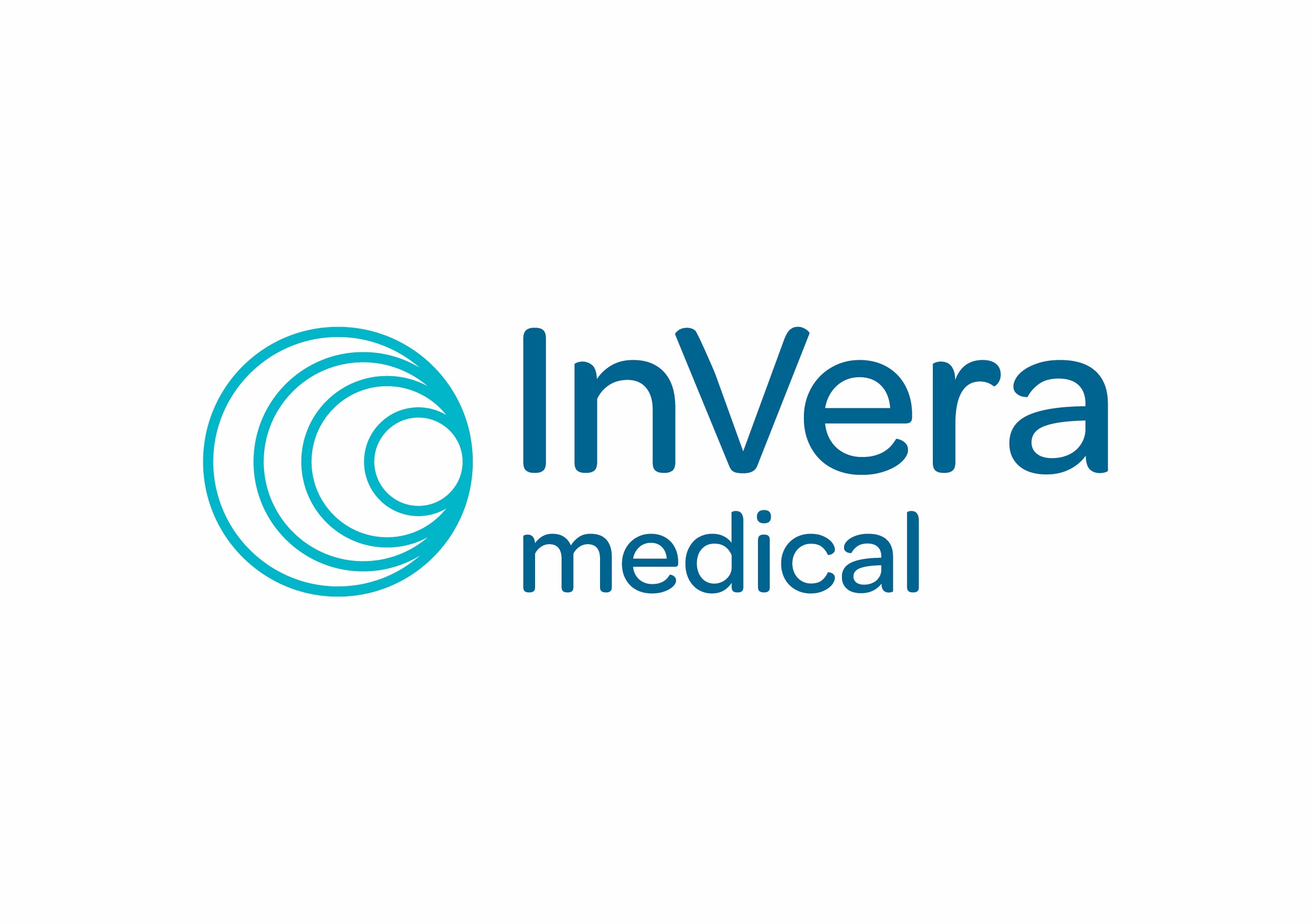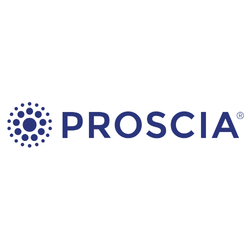Medtronic said Wednesday that it plans to spin off its diabetes business in the next 18 months, creating a new diabetes technology company that can offer customers both insulin pumps and continuous glucose monitors.
In the announcement, Medtronic argued that the move would focus the remaining company and create a new, scaled diabetes tech competitor. The company’s “preferred path” is to initiate an initial public offering followed by a full split, creating a stand-alone, publicly traded company.
CEO Geoff Martha told investors the decision is a “win for both companies,” simplifying Medtronic’s portfolio and allowing for focused funding and strategy for the diabetes firm.
“For Medtronic, our portfolio becomes more focused on high-margin growth markets like [pulsed field ablation] and renal denervation,” Martha said during an earnings call. “At the same time, the independent new diabetes company will be a scaled leader, and the only diabetes company to commercialize a complete ecosystem to address intensive insulin management.”
“I don’t want to speculate,” Martha added later on the call, “but I think the diabetes business is probably worth more outside the company than in.”
Que Dallara, president of Medtronic’s diabetes group, will become CEO of the new company. The diabetes business currently has about 8,000 employees and two global manufacturing facilities.
Medtronic’s spinoff decision continues a strategy to streamline its businesses and focus on higher-growth markets. In February 2024, Medtronic announced that it would exit the ventilator market and restructure its remaining patient monitoring and respiratory businesses into a separate unit. However, the company’s initial plan, announced in October 2022, was to spin off the patient monitoring and respiratory groups in 12 to 18 months.
The spinoff would come amid rapid growth in the diabetes tech space, as patients have further embraced newer devices like wearable glucose sensors and smaller insulin patch-pumps.
As the new company will offer both CGMs and insulin pumps, it will compete with the entire diabetes tech sector — market leaders like Abbott and Dexcom make glucose sensors, while Insulet and Tandem Diabetes Care make insulin pumps. It will also operate in a space that’s seeing new competing devices from companies like Senseonics, Roche and Sequel.
The diabetes group represented 8% of Medtronic’s revenue and 4% of segment operating profit in its fiscal year 2025, which ended on April 25, according to the announcement. In Medtronic’s fiscal 2025, the diabetes group brought in $2.76 billion of revenue, representing year-over-year growth of 10.7%. The unit grew sales by 10.4% to $728 million in the fourth quarter of Medtronic’s fiscal year.
New CFO Thierry Piéton said the company is confident it can still achieve mid-single-digit sales growth without the diabetes business.
Analysts’ mixed views
J.P. Morgan analysts, in a note to investors ahead of Medtronic’s earnings call, questioned why Medtronic would spin off a “growth business in one of the best end markets” in the medtech space. The analysts wrote that there are two fundamental rules in medtech: innovation and organic sales growth drive valuation, and trading growth for multiples doesn’t work.
They added that the only conclusion is that either Medtronic’s diabetes business won’t sustain its current growth rate or the move is not a value-creating option for the company.
“Both options aren’t favorable, and for that reason we don’t view this news favorably,” the analysts wrote. “The Medtronic Diabetes business has operating margins in the mid-teens, so while spinning this will help expand Medtronic’s margins post-spin, we come back to our view that trading growth for margins doesn’t create value in MedTech.”
RBC Capital Market analysts were more positive on the news, writing that the planned spinoff is unsurprising as the “potential has surfaced earlier,” and the move will create a more focused Medtronic with mid-single-digit or higher organic revenue growth.
The RBC analysts noted that Medtronic will pursue a split after turning around the division. They wrote that the business has delivered “double-digit revenue growth in the last six quarters and had indicated most recently that they remain committed to businesses where they can build an ecosystem with Diabetes being one of those areas.”
The company recently partnered with rival Abbott to create a specialized CGM specifically for Medtronic to be compatible with its insulin delivery devices. In August, about two weeks after the Abbott partnership was announced, Dallara assured investors that the company’s diabetes strategy hadn’t changed.
Less than a year later, the company now plans to break off the diabetes business completely.







